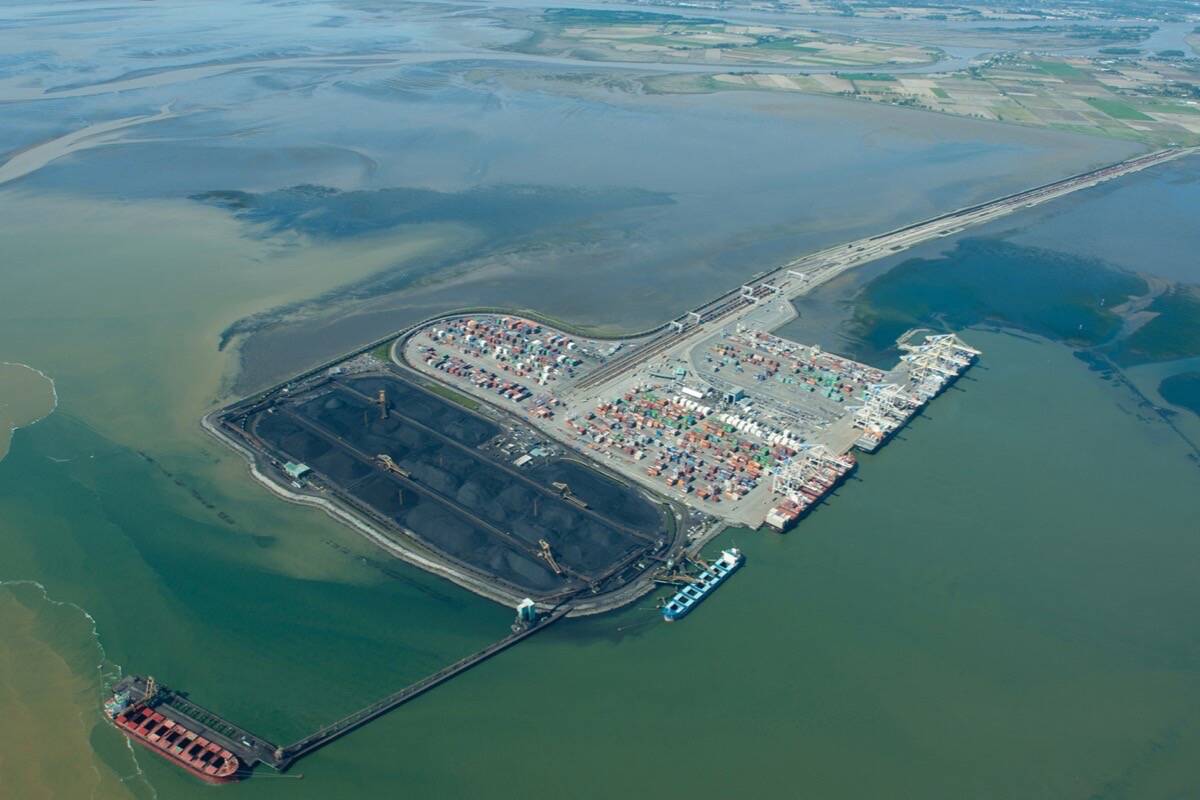B.C.’s deficit forecast has fallen from $9.7 billion to $1.7 billion since the province’s budget was released last spring, with income tax, real estate and energy revenues leading the way.
Finance Minister Selina Robinson released the second quarter financial update Monday, which continued the recovery trend of the first quarter report. Job recovery continued with more than 10,000 jobs added in October.
Finance officials haven’t begun to calculate the impact of widespread flooding across southern B.C., with repair costs to be estimated when the 2022-23 budget is presented in February. With B.C.’s recovery from the COVID-19 pandemic continuing, the ministry expects additional borrowing for infrastructure to proceed without impact on the province’s credit rating.
“The future remains uncertain, and we will continue to do what is needed to support people through the challenges we face as a province, whether that is the continued effects of a global pandemic or the response and recovery from the recent extreme weather,” Robinson said Nov. 22. “As we move through the immediate response and look at our next steps, our focus remains on building resilience not only in our budgets, but also in our communities, services and economy now and for B.C.’s future.”
Forecasted personal income tax revenue rebounded by nearly $1 billion since the budget, and projected property transfer tax for 2021-22 jumped from $360 million to more than $1 billion.
Higher world coal and copper prices led to a big jump in expected mineral revenues, from $92 million in the spring budget to $334 million. Natural gas royalties are projected to double from the budget estimate, to $381 million as petroleum prices have risen.
RELATED: B.C. moving to ‘cooling off’ period for real estate deals
RELATED: New minister says Canada’s resource industries changing
@tomfletcherbc
tfletcher@blackpress.ca
Like us on Facebook and follow us on Twitter.

